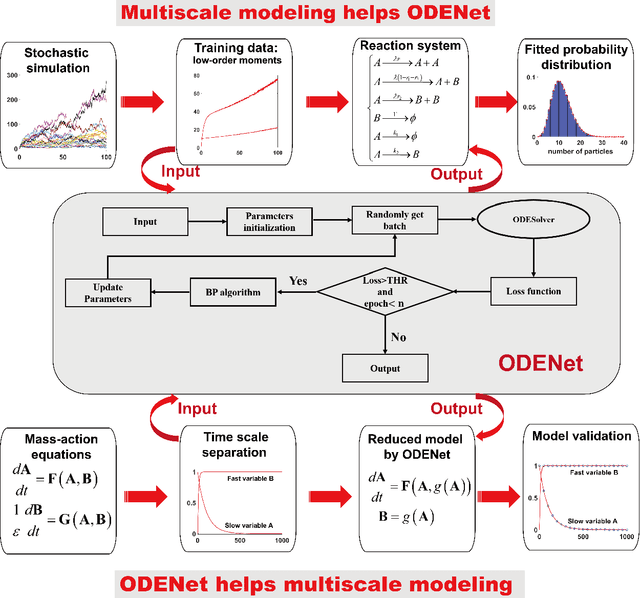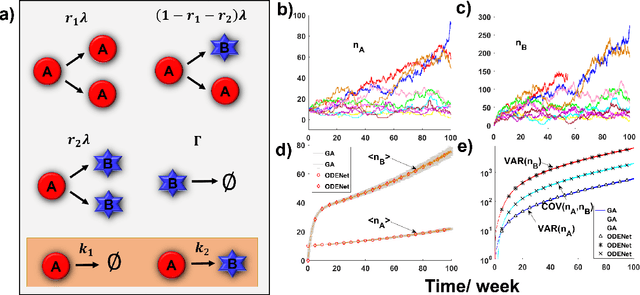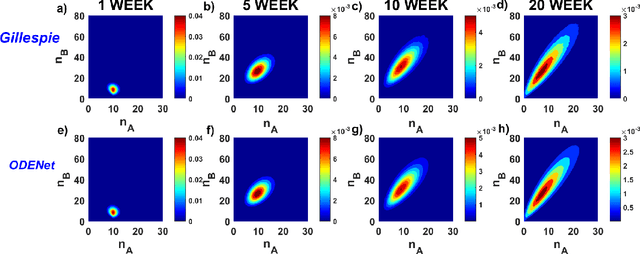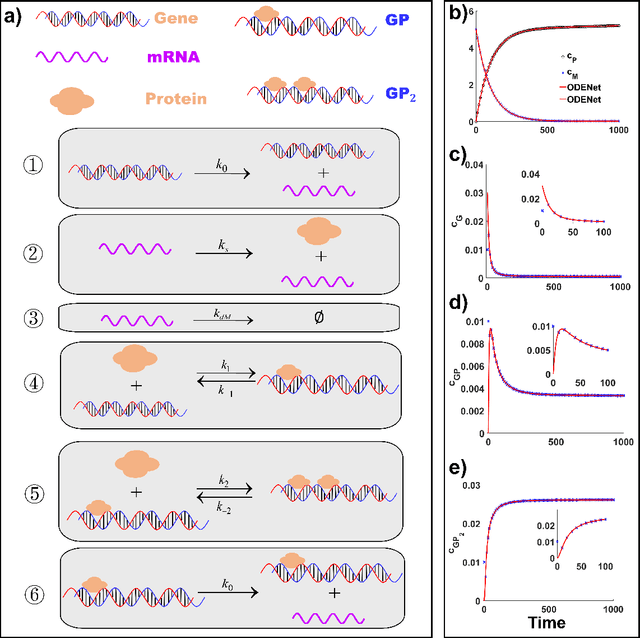When Machine Learning Meets Multiscale Modeling in Chemical Reactions
Paper and Code
Jun 01, 2020



Due to the intrinsic complexity and nonlinearity of chemical reactions, direct applications of traditional machine learning algorithms may face with many difficulties. In this study, through two concrete examples with biological background, we illustrate how the key ideas of multiscale modeling can help to reduce the computational cost of machine learning a lot, as well as how machine learning algorithms perform model reduction automatically in a time-scale separated system. Our study highlights the necessity and effectiveness of an integration of machine learning algorithms and multiscale modeling during the study of chemical reactions.
 Add to Chrome
Add to Chrome Add to Firefox
Add to Firefox Add to Edge
Add to Edge